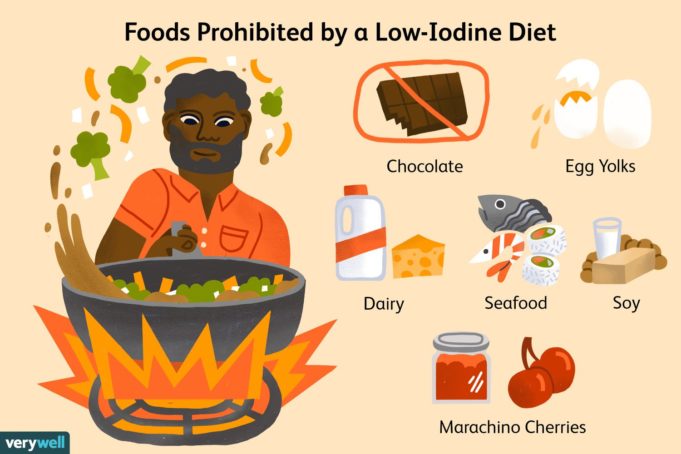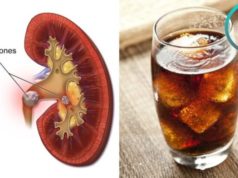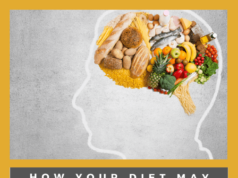Iodine is an essential mineral that is required by the body to produce thyroid hormones. These hormones are responsible for regulating metabolism, growth, and development in the body. Getting enough iodine in your diet is important to avoid iodine deficiency, which can cause thyroid problems, goitre, and developmental delays in children.
Here are some tips on how to get iodine in your diet.
1. Eat iodine-rich foods
The best way to get iodine in your diet is to eat foods that are naturally rich in this mineral. Some good sources of iodine include seaweed, such as kelp, nori, and wakame, fish and shellfish, dairy products, such as milk, cheese, and yoghurt, and eggs. Other sources of iodine include fortified salt and bread.
2. Use iodized salt
One of the easiest ways to add iodine to your diet is to use iodized salt. Iodized salt is regular salt that has been fortified with iodine. It is widely available and can be used in cooking or added to food at the table. However, be careful not to overdo it with salt as excessive salt intake can lead to high blood pressure.
3. Choose iodine-fortified foods
Some foods, such as bread, are now fortified with iodine. Look for labels that indicate that the food contains added iodine. This can be a convenient way to get iodine, especially if you do not eat seafood or dairy products.
4. Take a supplement
If you are not able to get enough iodine through your diet, you may consider taking an iodine supplement. However, it is important to talk to your healthcare provider before starting any new supplement regimen.
5. Be aware of goitrogens
Goitrogens are compounds found in certain foods that can interfere with iodine absorption in the body. These include cruciferous vegetables, such as broccoli, cauliflower, and cabbage, as well as soy products. While these foods are still healthy and should be included in your diet, it is important to balance your intake and not rely on them as your primary source of iodine.
READ ALSO:
The Shocking Truth About the Blood Type Diet: Is This Popular Diet Plan a Dangerous Myth?
Diet Plans Based On Blood Type O
In conclusion, getting enough iodine in your diet is essential for overall health and well-being. By including iodine-rich foods, using iodized salt, choosing fortified foods, and being aware of goitrogens, you can ensure that you are meeting your daily iodine needs. If you have any concerns or questions about iodine intake, speak with your healthcare provider.
























